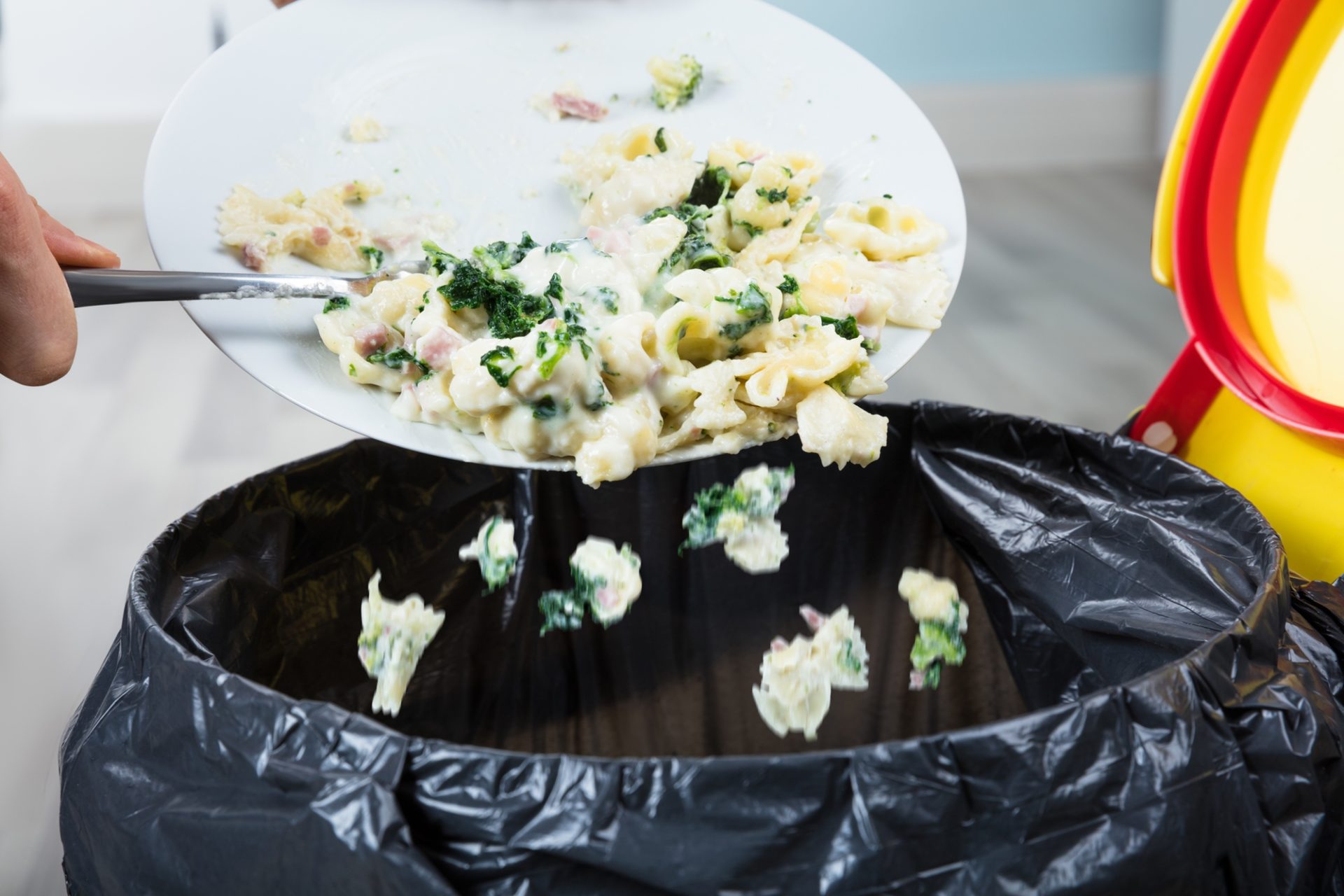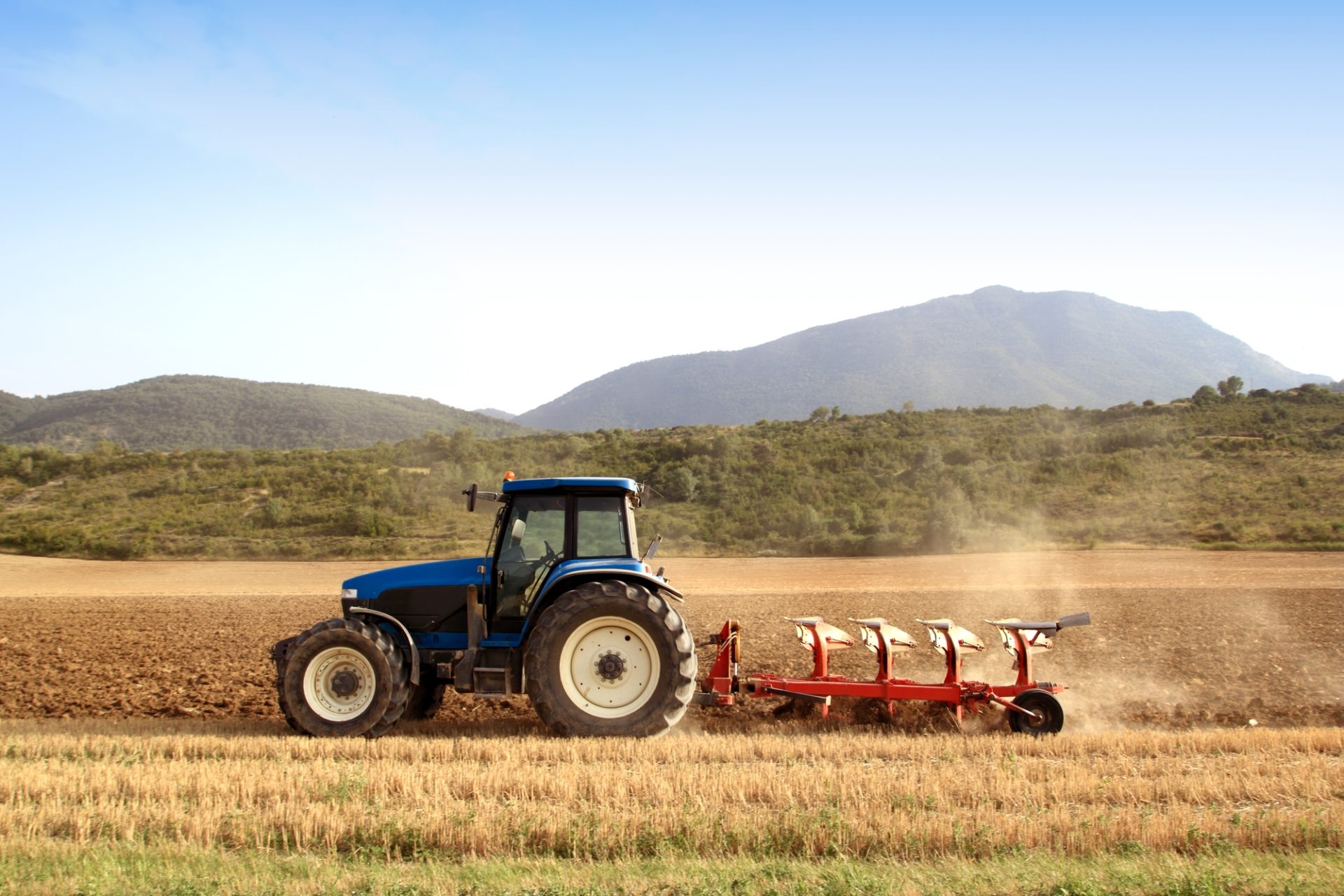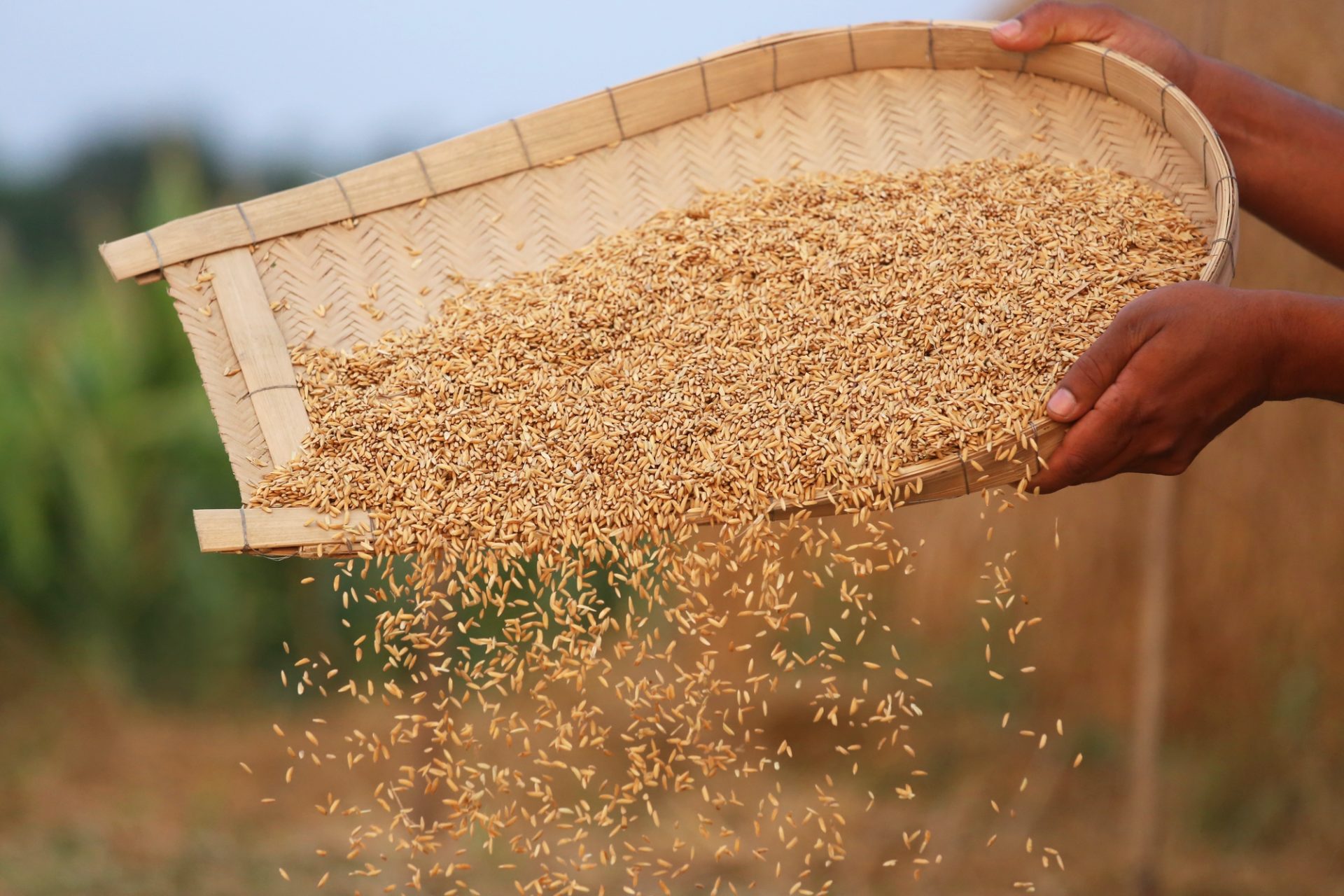Last Updated on June 29, 2022 by Rebecca Huff
Americans toss more than 133 billion pounds of food into the landfill yearly. Estimates say around one-third of all food produced is wasted. The financial cost of food waste is about $218 billion, according to ReFED.com.
Reducing food waste by just one-third would be enough to feed all of the 42 million Americans who face food insecurity.
If America went grocery shopping, we would leave the store with five bags and drop two in the parking lot. And leave them there. Seems crazy, but we do it every day.
Benefits of learning to reduce food waste
Let's discuss how to take action from consumer levels, and how changing our habits can prove beneficial.
1 Saving money by reducing food waste
Let's start with your wallet. That's a place where most people can really feel the impact on a personal level.
Reducing food waste saves you money.

The goal is to buy what you'll need and then eat what you buy. That seems pretty straightforward, doesn't it?
Start with your calendar or planner, take a look at the upcoming week. If you are working late, going to ball games, or eating out after church on Sunday, you can skip planning for those meals.
Check your pantry, fridge, and freezer to see what meals you can make with the ingredients you already have.
Plan out the meals you'd like to prepare. On your grocery list, make sure to write down the quantity of each item.
When shopping only purchase the amount you can use before the food goes bad. If you aren't using strawberries for several days, you might opt for frozen.
For more details read 7 Step No-Food-Waste Meal Prepping for the Week.
Learn to store food to prevent food waste. Put a refrigerator purification device in your fridge which will:
- kill odor-causing bacteria
- remove gases that decay foods
- reduce mold and mildew
- neutralize pesticides
Eat what you buy!
Keeping vegetables and fruits at eye level will help you remember to eat them. We all know what happens to leafy greens shoved in the back of the crisper drawer — long forgotten! Fresh foods need to be kept front and center.
If your fridge has an additional snack drawer, consider keeping healthy snacks such as grapes, apples, pears, cheese sticks, carrot sticks, celery sticks, and a jar of nut butter there for grab and go eating. Read more about how to store foods in your fridge.
Store herbs and greens properly so they won't wilt and turn brown. You may even want to rethink how much lettuce you purchase, as it's a resource-intensive crop that contains little nutrition.
Freeze food that you know you won't be able to consume before it's too late. Instead of single-use plastic baggies, try these silicone reusable food bags.
If you want to eat more fruits and vegetables, but you keep buying them and letting them turn to food waste, skip the snack aisle. When there are chips or other junk foods in the house, you are less likely to munch of slices of cucumber and bell pepper. These foods sit in the fridge until they end up in the trash.
Make your kitchen work for you!
Makeover your pantry so that you can utilize the foods you are buying. Instead of overstocking, think about what you truly need in your pantry. You can participate in this healthy kitchen challenge on your own or get together a group of friends to do it together.
When you head to the grocery store, make sure you have your shopping list. A well-thought-out menu plan will help you save money and prevent spoilage. Know which fruits and vegetables need to be refrigerated. Many people put tomatoes in the fridge, but they actually keep better at room temperature
While you might think that meal kits are wasteful — if you choose one that uses minimal and eco-friendly packaging, it can be a way to practice waste reduction. According to this study, meal kits streamlined and direct-to-consumer supply chains reduced food waste.
2 Reduces your carbon footprint

Individual households are by far the No. 1 source of food waste in the U.S. therefore, collectively, individuals can make a big dent in food waste and its climate impacts.
Throwing away less food can reduce your carbon footprint. Wasted food produces around 11% of greenhouse gas (methane emissions) in the U.S., which is a significant contributor to climate change. Reducing food waste is said to be the third most effective way to reverse global climate change. (Greenhouse gas is even more potent than carbon dioxide!)
Take Action
Pay attention to shelf life when purchasing perishable items. Try to use items before expiration dates or donate to food banks.
Use up the last bits of herbs and greens by making pesto. Cucumbers, carrots, even onions can be preserved by pickling methods or freezing.
Eating less and preparing food at home will not only result in better health, but it will also impact how much we contribute to climate change.
Using meal kits can also lower your carbon footprint. This study suggested lower last-mile transportation emissions appear to be sufficient to offset observed increases in packaging seen in meal kits.
Additionally, it takes less energy to refrigerate the meal kit packs, which results in an average emissions decrease compared with retail refrigeration. Meal kits also have portion sizes that are more in line with USDA recommendations.
3 Preserves energy and resources

Food systems use enormous resources. Water, energy, and labor used to produce food that ends up in the landfill means that we are using up these resources in vain.
This is a pretty simple concept. If you use 10 gallons of water to produce a bushel of tomatoes, then you throw them away, you wasted the 10 gallons of water plus your time and effort. Now imagine that on a much larger scale.
In 2010, an estimated 31 percent or 133 billion pounds of the 430 billion pounds of food produced was not available for human consumption at the retail and consumer levels.
(1)
4 Drives down the price of food

The amount of food lost or wasted every year is equivalent to more than half of the world's annual cereals crop.
Food losses during harvest and in storage translate into lost income for small farmers and into higher prices for poor consumers.
We recently discussed this in the World Hunger – Starving for the Truth episode of A Healthy bite – when we waste half a cup of rice every day, we drive the price of rice up over time. That means that people living in poverty have a harder time being able to afford this simple staple. The same goes for any other food supply.
What other tips do you have for reducing food waste? Help spread awareness by sharing them in the comments below. Then share this post with your friends and family.
Keeping Edible Food out of Landfills
The bottom line is that we can reduce food waste by planning and also by teaching our children to value food. Not only should our children be learning about food safety and reading food labels, but they also need to be taught how to keep good food out of the landfills.
Make sure you don't miss out on future posts by joining the community. As we continue discussing reducing food waste at home in my upcoming post which outlines what to do with inevitable food waste, like banana peels, avocado pits, and eggshells.
Learn more about how to make use of food scraps at home by composting peelings from veggies. You can preserve natural resources and reduce greenhouse gas emissions by keeping these vegetable scraps out of the landfill. Ask your local retailers what they do with food waste. Get involved.
Sources
Buzby, Jean C. and Farah-Wells, Hodan and Hyman, Jeffrey, The Estimated Amount, Value, and Calories of Postharvest Food Losses at the Retail and Consumer Levels in the United States (February 1, 2014). USDA-ERS Economic Information Bulletin Number 121, Available at SSRN: https://ssrn.com/abstract=2501659


 How to Enjoy the Holidays Without Wrecking Your Health
How to Enjoy the Holidays Without Wrecking Your Health
Leave a Reply
You must be logged in to post a comment.